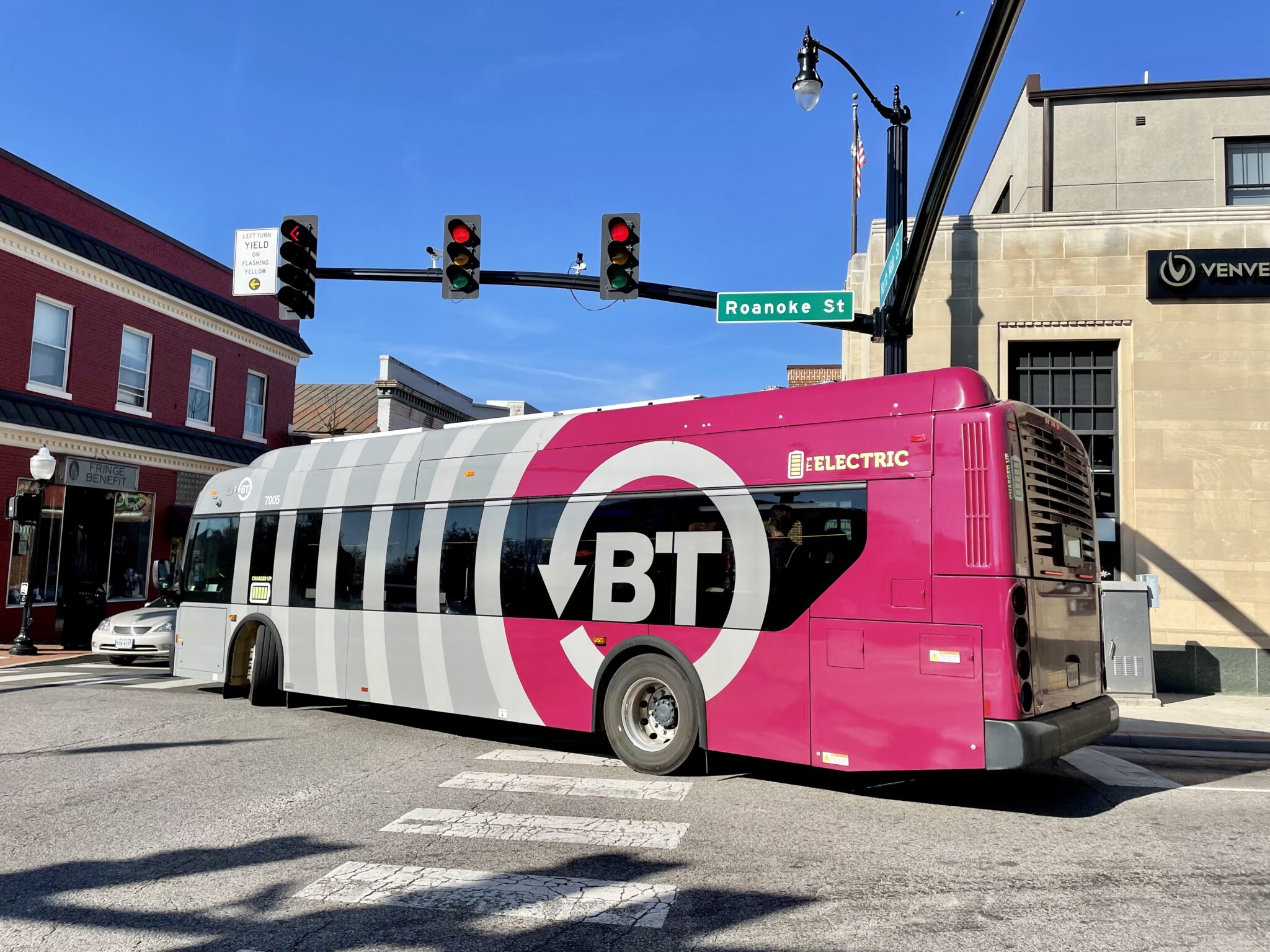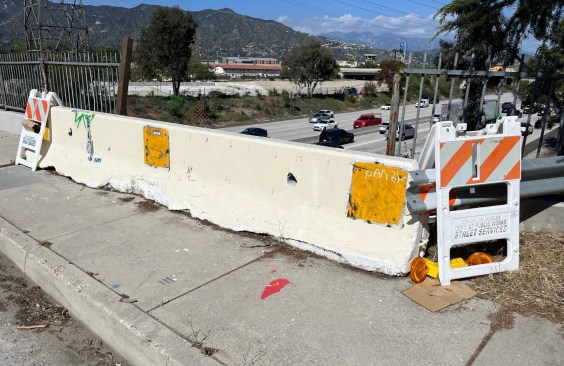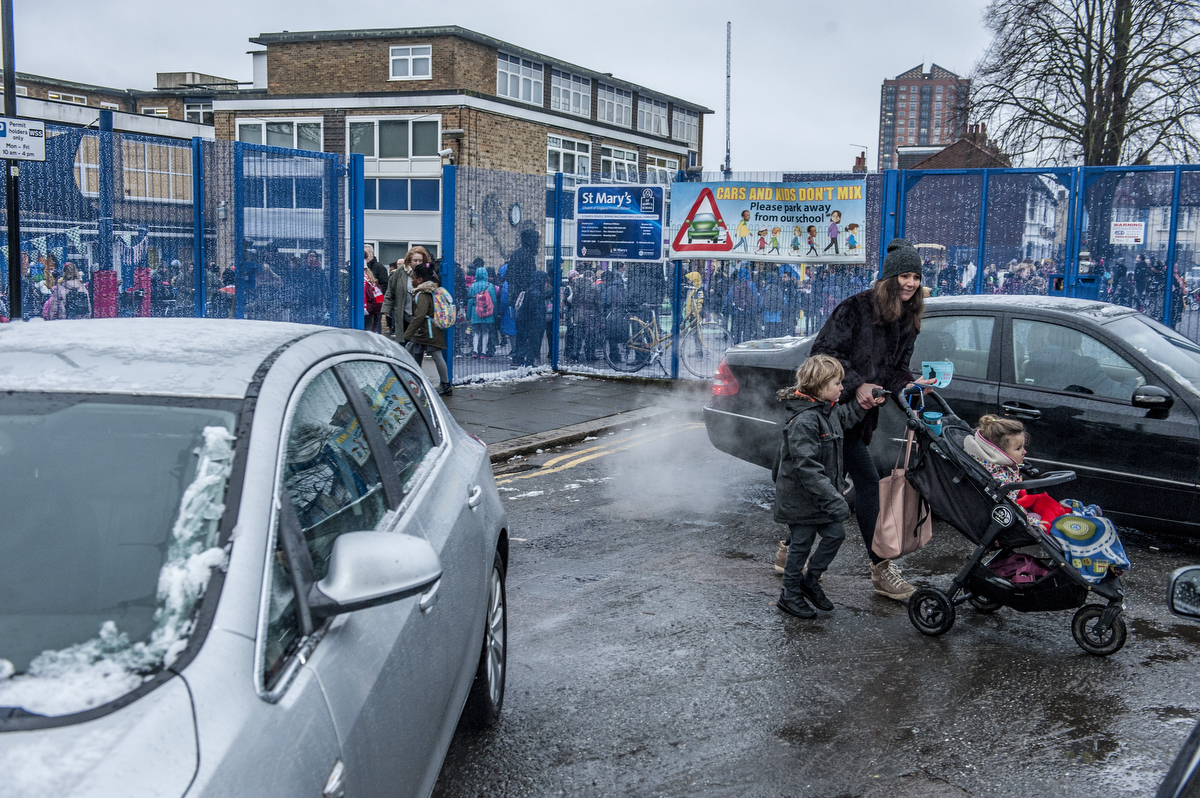Stay in touch
Sign up for our free newsletter
More from Streetsblog USA
Kiss Wednesday’s Headlines on the Bus
Bus-only lanes result in faster service that saves transit agencies money and helps riders get to work faster.
Freeway Drivers Keep Slamming into Bridge Railing in L.A.’s Griffith Park
Drivers keep smashing the Riverside Drive Bridge railing - plus a few other Griffith Park bike/walk updates.
Four Things to Know About the Historic Automatic Emergency Braking Rule
The new automatic emergency braking rule is an important step forward for road safety — but don't expect it to save many lives on its own.
Who’s to Blame for Tuesday’s Headlines?
Are the people in this photo inherently "vulnerable", or is this car just dangerous?





